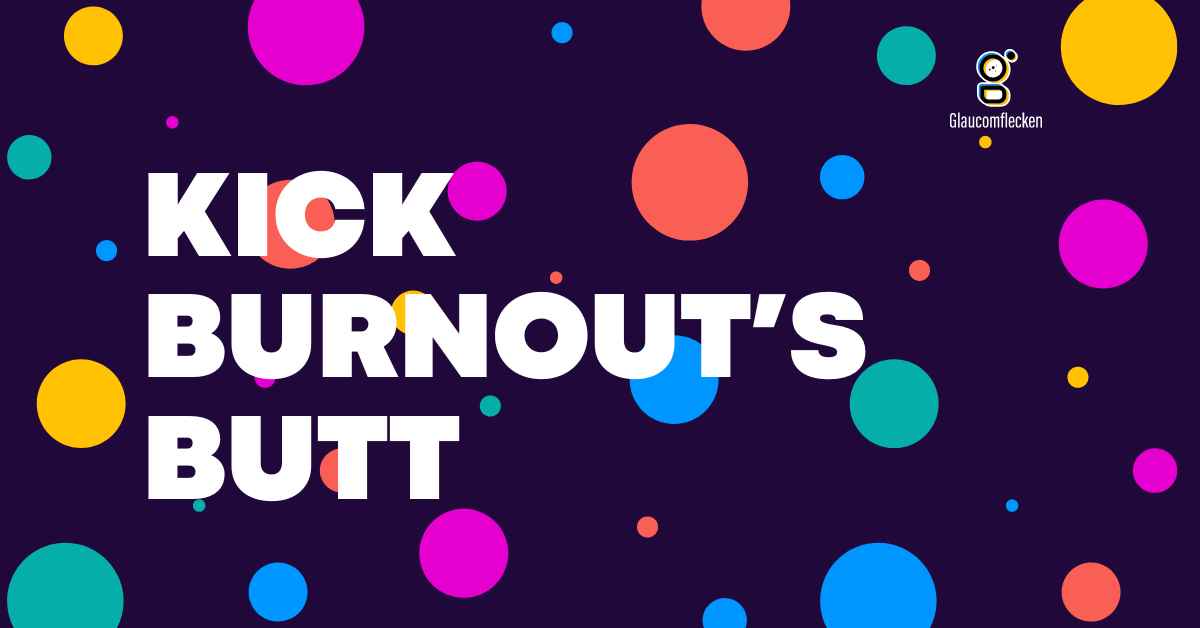Human connection is critical for the health and well-being of all people. We’re looking at you, healthcare professionals. 👀

We Need Human Connection
Human connection provides a wide range of benefits for healthcare professionals both personally and professionally.
On a personal level, human connection combats feelings of isolation and loneliness which have been on the rise. Connecting with colleagues, patients, friends, and family provides a sense of belonging and well-being.
It reminds us that we are not alone in dealing with the stress and difficulties of our roles.
Professionally, human connection enables better patient care. When we take the time to truly engage with patients and co-patients, they feel heard and understood. This facilitates diagnosis, treatment, and healing.
Human connection also improves teamwork. When we invest in relationships with our colleagues, we are better able to communicate, collaborate, and avoid conflicts.
Human connection serves as a buffer against depression, anxiety, PTSD, and suicide risk among healthcare professionals. It provides social support and opportunities to process emotions. This results in greater resilience despite the demands of the job.
Ultimately, human connection enhances job satisfaction, reducing cynicism and exhaustion.
The US Surgeon General Is Here To Help
We sat down with the US Surgeon General Vivek Murthy and discussed his top priority — fostering human connection. For healthcare professionals, specifically, the focus is a response to clinicians across the country experiencing rising rates of loneliness, isolation, and burnout.
When we have meaningful human connections, they serve as natural buffers against our daily stressors and equip us better to manage the emotional weight of our demanding jobs.
Research links social isolation with:
- 29% increased risk of heart disease,
- 32% increased risk of stroke,
- 50% increased risk of developing dementia for older adults, and a
- 60% increased the risk of premature death.
Clearly, strong social connections are just as vital for wellbeing as physical and mental health. Relationships with coworkers, friends, and loved ones can protect us from burnout, depression, and other issues.
The healthcare system must facilitate more opportunities for healthcare professionals to come together and support each other.
We need to change our culture so that time spent nurturing relationships is valued, not seen as a distraction or frivolous.
-US Surgeon General Vivek Murthy
The only way this will happen is if space for human connection is built into the healthcare workflow.
Barriers To Human Connection In Healthcare
While human connection is critical, the current healthcare system makes it challenging for us to connect with patients and colleagues meaningfully. Some of the key barriers include:
- Time Constraints: With the focus on efficiency and profitability, we have less and less time to spend with each patient. Appointment slots keep getting shorter, making it difficult to build rapport.
- Burnout: Exhausted & overburdened we struggle to be fully present during interactions. Burnout leads to cynicism and emotional detachment.
- Documentation Burdens: We now spend more time charting and documenting than directly interacting with patients. This cuts into opportunities for connection.
- Isolation: We have fewer chances to connect with colleagues, leading to isolation. Workspaces and workflows are not designed to facilitate peer support.
- Stigma: There is still a stigma within medicine around needing mental health support. The stigma prevents open conversations about the challenges of the work.

Policy Changes Are Needed
We’re looking at you, C-suite. 👀
To foster more human connection in healthcare, changes in policy and procedures must happen at an organizational and systemic level. We are currently constrained by policies that limit our ability to interact meaningfully with patients and colleagues.
Investing in human connection is an evidence-based way for the healthcare system to support its healthcare professionals. It is not an extra, but rather a vital component of healthcare delivery and clinician wellbeing.
The benefits to patients, teams, and individuals make human connection critically important.
- Administrative burdens that restrict patient face time should be reduced. Prior authorization requirements, computerized charting, billing procedures, and other duties remove clinicians from the bedside. Streamlining these processes would free up time for human interaction.
- Convoluted prior authorization requirements from insurance companies must be addressed. Negotiating these bureaucratic labyrinths wastes time we could use to build rapport with patients.
- Our healthcare organizations should build peer support groups both formal and informal. Fostering relationships among colleagues allows us to rely on each other for support during stressful times. Faith-based groups, exercise groups, book clubs, parenting groups, and other affinity groups can help build community.
- Organizations need to create physical and cultural spaces for staff to talk openly. Healthcare professionals should be able to vent frustrations, share concerns, and debrief with each other regularly. A culture of psychological safety facilitates human connection.
- Mental health services need to be easily accessible and available promptly when needed. We can experience trauma and moral injury on the job. Organizations must provide counseling, therapy, support groups, and other resources to process these emotions. Seeking help should be destigmatized and encouraged.
Ways To Connect At Work
We can take small, simple steps each day to foster more human connection in our lives. With busy schedules, finding ways to connect meaningfully may seem daunting. However, even quick interactions can make a big difference in combatting isolation and loneliness.
Try setting aside a few focused minutes daily to connect with another person sincerely. This could be catching up with a friend or colleague over the phone as you commute home, having lunch with a mentor, or meeting a new peer in your department. Give the person your complete, undivided attention during this time.
Likewise, when interacting with others throughout the day, be fully present. Make eye contact, put down your phone, and listen attentively. Validate the person’s emotions and give thoughtful responses.
Don’t underestimate the power of expressing gratitude. Thank someone who has helped you, check in on a colleague who seems stressed, offer support to a new team member, or call a friend just because. Small acts of appreciation and care can make someone’s day.
If you’re feeling depleted, don’t hesitate to ask for help to get support. Turn to peers, mentors, loved ones, or professionals. You don’t even need to know how they can support you. Let them know you are depleted and need some help and the conversation can go from there.
Human Connection Is Vital But Under Threat
The demanding, high-stress nature of work in hospitals and clinics can lead to loneliness, isolation, and burnout among healthcare workers. We often face immense pressure with limited time and resources to connect with colleagues and patients properly.
However, amidst the hectic healthcare environment, human bonds remain absolutely essential.
Ultimately, the well-being of healthcare workers themselves must be supported.
Just as clinicians care for patients, the healthcare system must care for its own.
Systems and policies that support social health, physical health, and mental health lead to healthcare professionals who have the capacity to deliver high-quality, compassionate care.


